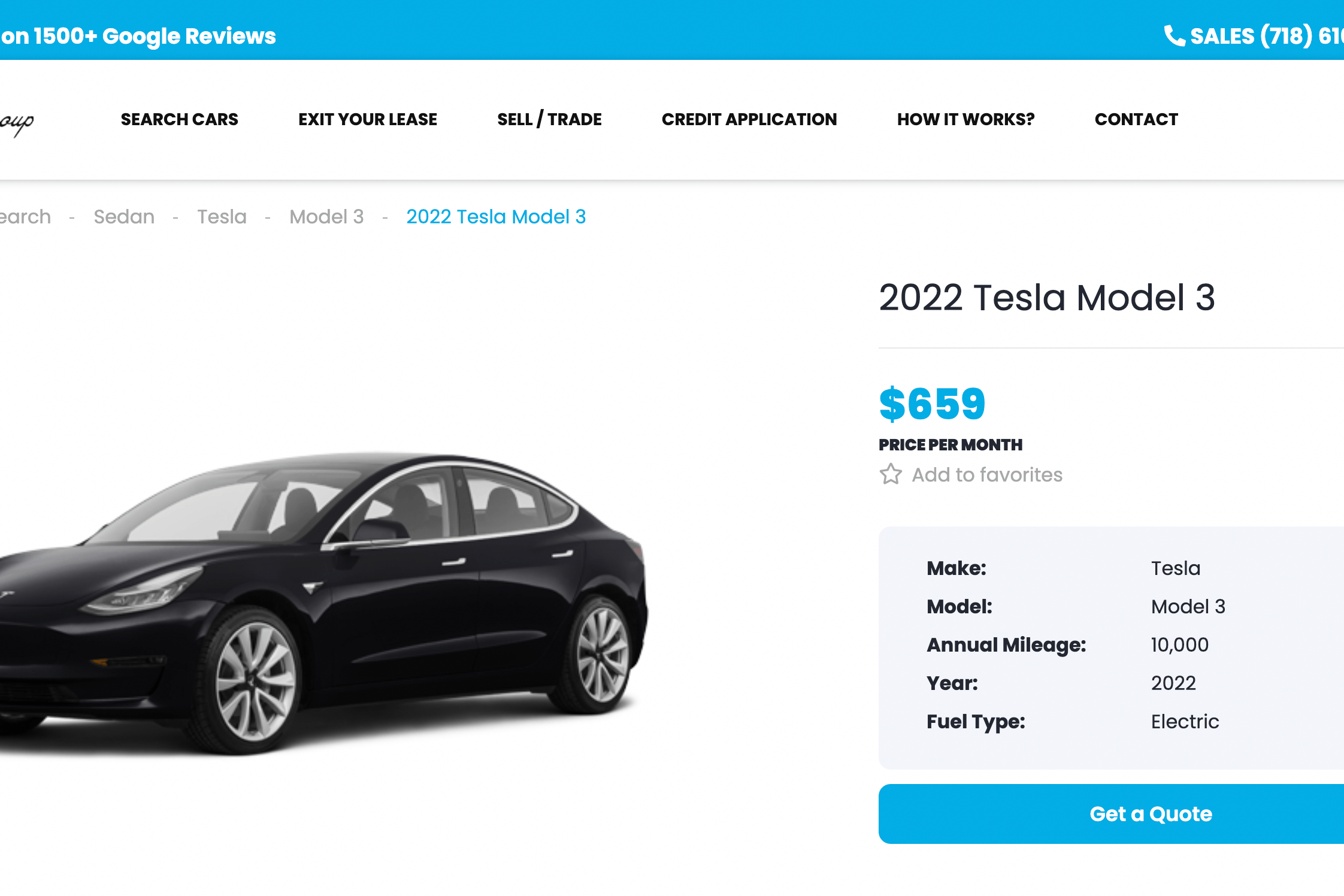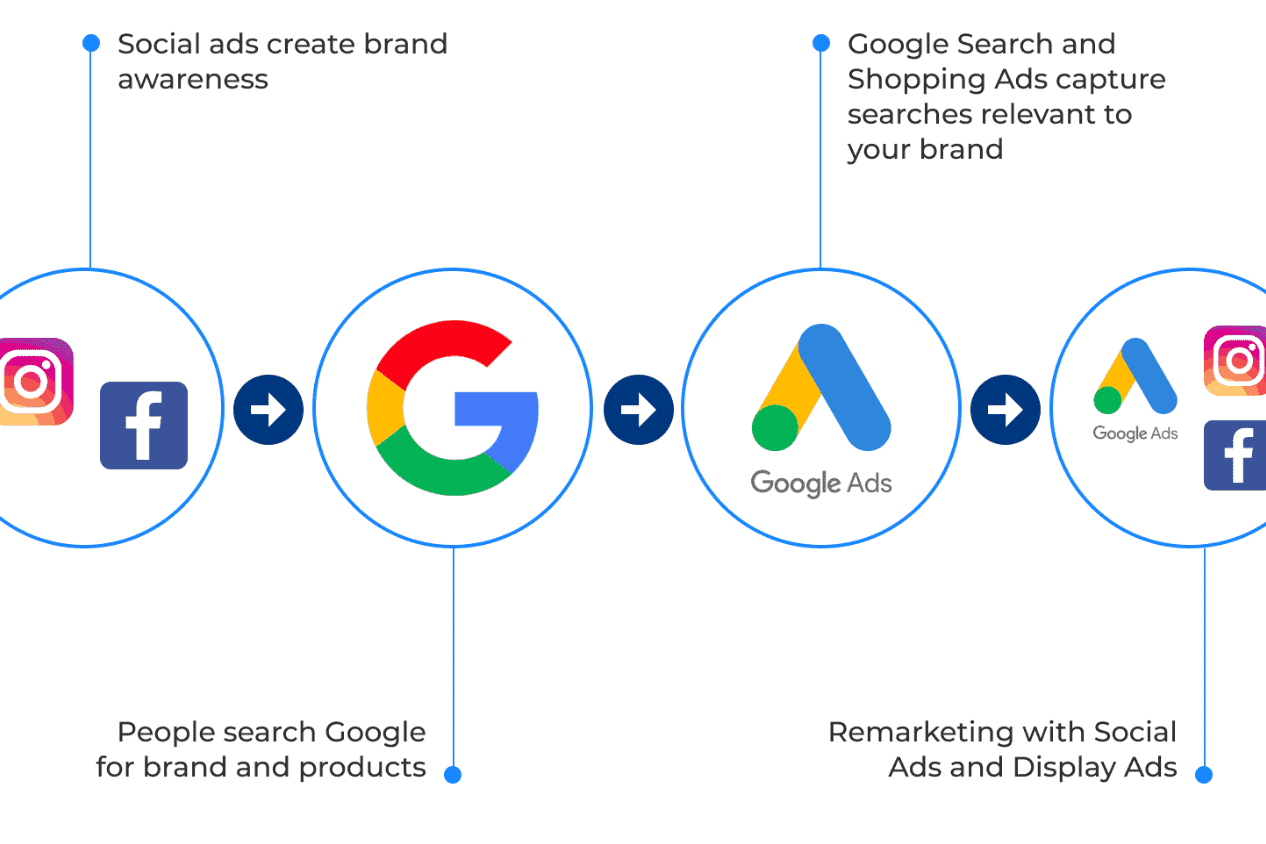The June Core Algorithm Update from Google rolled out in June 2021. But there was also a Google Page Experience Update that was released as well which specifically focuses on website page speed as a ranking factor. It is important to understand these various Google updates so your website doesn’t fall behind!
Many people after hearing of a Google algorithm update may ask themselves a lot of questions, the first often being “what is a google algorithm update?” or “what is an algorithm?”. First our goal at Plutus Media is to always educate, so let’s get into that first. Then we can discuss the specifics of Googles page experience update from 2021 and how this can effect your website in 2022.
What is Google’s search algorithm?
This is a fancy way of describing the systems Google uses to rank search results on their search engine. What does Googles ranking system do? It sorts through hundreds of billions of website pages in Google’s search index to find the most relevant and useful results, all in a matter of fractional seconds. Secondly, it must present this content to browsers in a way that makes it legible and easy to maneuver. Google uses artificial intelligence and very complex code (algorithm) to accomplish all this.
With a complex algorithm, comes many updates to ensure it is functioning properly, keeping up with current trends, and always improving user experience on Google. One of the most recent and important updates on Google has been Google’s 2021 Page Experience Update, which places page speed as a priority within its ranking factor.
What is website page speed? Website page speed is the speed at which a website page loads, both static and dynamic content plays a part in loading time. Website page speed also is a metric for how fast a website page can be interacted with. Google holds website page speed as a priority in its new page experience update. If a website loads slowly, this in turn leads to a poor user experience, after all, a slow website is frustrating to use. Ideally, a website should load within 3 seconds, and this is on the slower end of the spectrum! In fact, 40% of online consumers will not wait longer than 30 seconds for a website to load, so bounce rates will rise as website speed slows down.
How does Google judge page experience?
Google uses 3 core web vitals; Largest Contentful Paint, First Input Delay, and Cumulative Layout Shift.
Visit Google’s explanation here: https://support.google.com/webmasters/answer/9205520?hl=en
- Largest Contentful Paint
- LCP is the amount of time it takes to render the largest content element visible on the page, from when the user clicks the URL.
- First Input Delay
- FID is the time from when a user first interacts with your page (when they clicked a link, tapped on a button, and so on) to the time when the browser responds to that interaction.
- Cumulative Layout Shift
- CLS measures the total of all individual layout shift scores for every unexpected layout shift that occurs during the entire usage of the respective page.
If these above 3 factors are all ranking on the slower side of the spectrum, then Google will bring down your website’s search rankings. On the other hand, if your website is performing well, then assuming you have good on-site SEO, your website rankings will not be hurt, but instead increase.
How to have fast website speed
Fast website speed occurs from many contributing factors.
- Compressed images. You should not have any images in the thousands of pixels on your website. This is unnecessary and increases website load time.
- Decrease the amount of API’s and I-Frames on your website, because these put more strain on a website server.
- Buy a faster hosting plan from your website hosting provider, such as Godaddy.
- Make sure your CMS is updated. For example, an outdated PHP on WordPress can hurt your website load time and even break your website!
- Make sure no other website is pulling data from your website as this will increase page lag on your website.
So what have we learned? This article went over what Google’s search algorithm is and what the 2021 page experience update on Google is all about. Finally we went over 5 tips to increase website speed. If you follow these or work with an experienced online marketing agency, than your website will not be negatively effected by Google’s new search algorithm updates.





